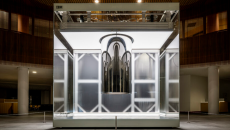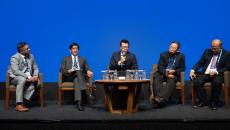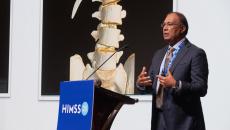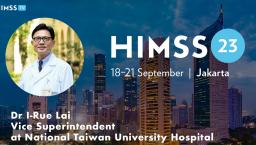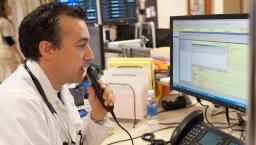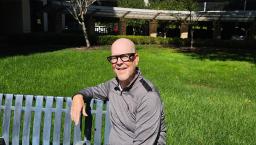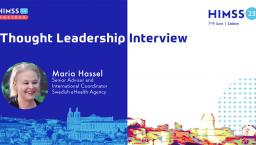Precision Medicine
A new report points out India's enormous potential to become a global medical device powerhouse.
A new competition could give as many as four health tech or life sciences companies 24 weeks of access to IBM Quantum System One, along with insights from health system clinicians and other education.
Researchers will use $40 million in funding to develop quantum algorithms and workflows. They will also partner with Algorithmiq on a second initiative to create computational tools that demonstrate quantum advantage.
A pioneering trial between Singapore and Japan has proven that it is feasible.
The Kansas City hospital has developed a process for performing whole-genome sequencing tests in the clinical setting. The next step is to use the data in clinical validation testing, says the director of its Genomic Medicine Center.
Its hypertension-focused centre with Shimadzu has reduced the turnaround time of testing for primary aldosteronism, which was previously done overseas.
Also, South Korea takes a further step to enable health data interoperability.
Home hospitalisation, tech-enabled preventive care, and genomic data-driven personalised care are some of the emerging trends in care in the Asia-Pacific region.
Dr Tamara Sunbul of Johns Hopkins Aramco Healthcare talked about the promising application of gene editing in healthcare but also cautions on uncertainties.
Digital twin technology has been enabling organisations' shift to precision and preventive medicine.



